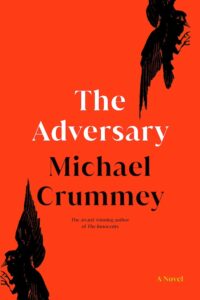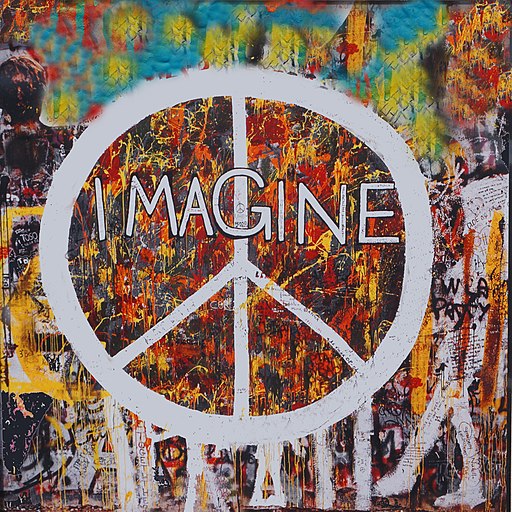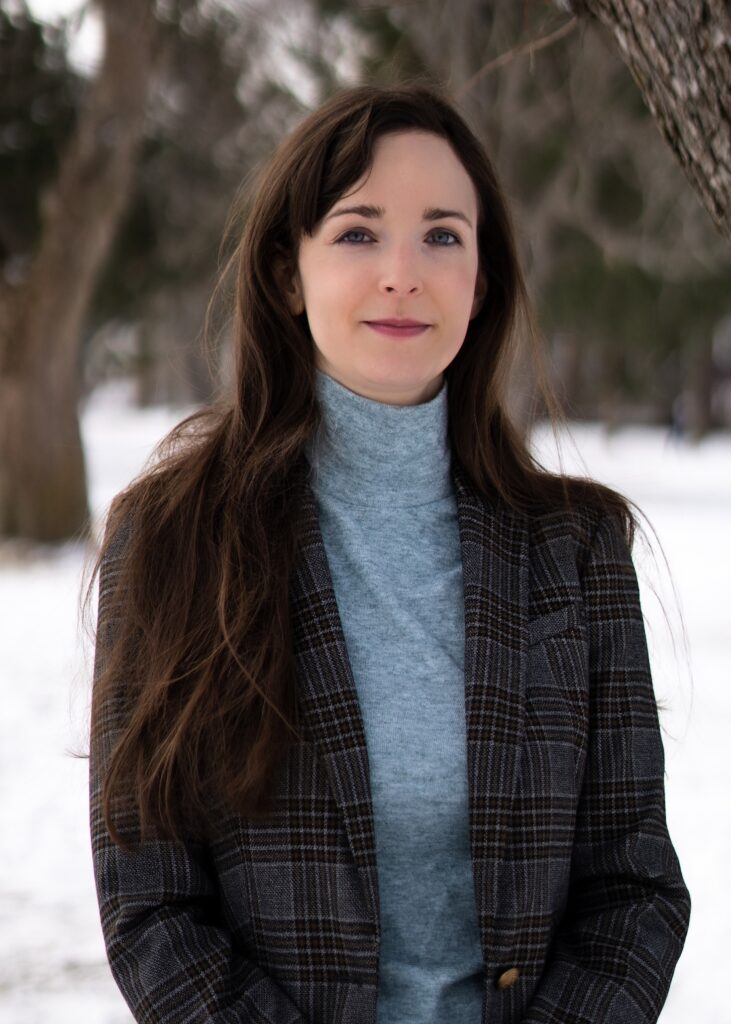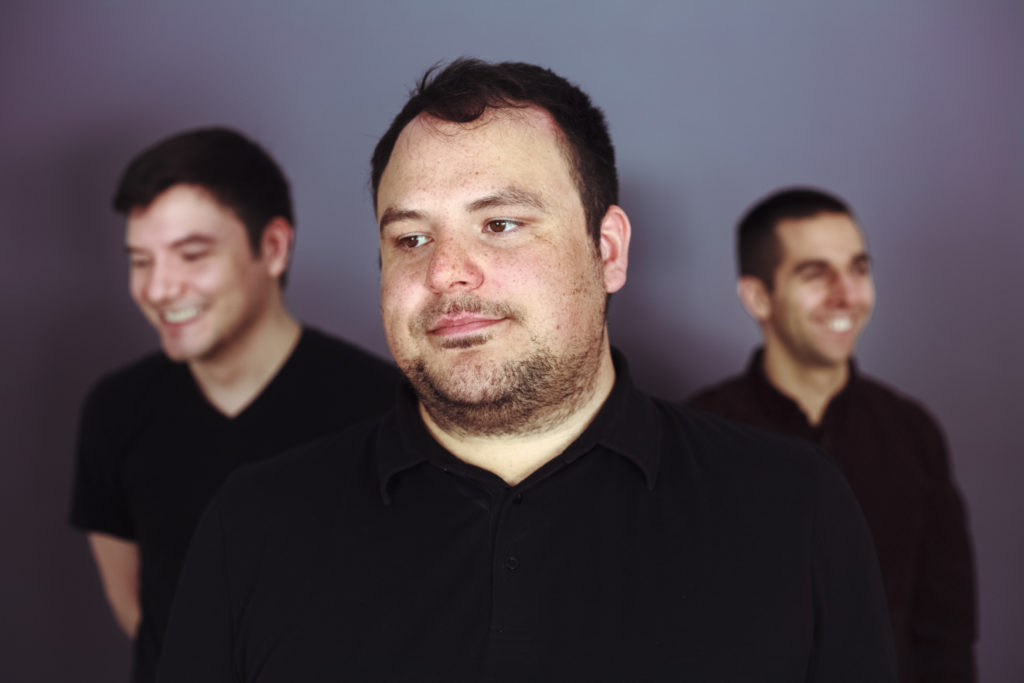“It was like writing an historical novel, but the history I was working with was one I had created”: Part two of our conversation with Michael Crummey
January 2024
There’s a terrific storm in The Adversary – is this based on a real storm?
It’s based on some real storms that I’ve experienced. It’s based to a certain extent on what we’re seeing now on a regular basis. Actually that’s a lie, there was a particular storm described in [Captain George] Cartwright’s journal, it came up from Newfoundland and devastated the Northern Peninsula and all of the plantations as they called them on the Labrador coast; there were a bunch of ships lost at sea. This storm was included in The Innocents, you know I had a brother and a sister alone in a cove, I was looking for anything that would inject some drama into the story. But more and more it feels like I’m describing the world we’re living in now, we’re in what they keep saying is an inflection point, a tipping point. There have been 23 storms or weather-related incidents in the US [in 2023] that have cost more than a billion dollars*. That’s our reality now. We may be able to stop it from getting worse, but this is the world we’ve created and we’re going to be dealing with these things from here on out, so part of what I’m describing is my own kind of horror about what we’re going to be facing on a regular basis.
I’ve heard The Innocents described as a road trip, with the road revolving around the fixed point of their cove. Is that happening here?
It’s the same road trip, the stop is just a little further up the road. So that was part of the challenge I was really excited to try and make work. Because I wanted to have all the drop-ins that appeared in The Innocents, which whenever I wanted them I could plug them in. And now I had to write another novel where I had no control over when these people or events, the illnesses and storms, showed up. So in a way it was like writing an historical novel, but the history I was working with was one I had created. I really enjoyed that challenge as a writer, to figure out how to make that story work within the confines, like I’m just going to write sonnets from now on. Creating these artificial boundaries and trying to make art within those strictures.
Is it an allegory?
It’s really overstating it to say allegory. But there’s no question that I was writing out of my own experience of watching the world we’re living in after the last eight to ten years. A lot of people have said that there’s a [former US President] Trump character. And that in some ways is absolutely deliberate. There are some things that [merchant] Abe [Strapp] says and does that are things that I saw Trump say and do. But I wasn’t wanting to write Donald Trump. I see Trump and the other strong men that have been rising over the last ten years or so in Brazil and Hungary and the Philippines. They’re socio-pathic narcissists, they have no interior reality, no interior life at all, and their only way of creating a sense of self-worth is through what they can own or control around them. And that kind of naked play for power is definitely an allegory for me. I think I was wanting to take the worst of what I’ve seen in our lives right now in the world at large and to write that story small, have it all play out in the tiny Newfoundland outport 200 years ago. And to let it play to its logical conclusion. I decided I was not going to give myself an out. Or the reader.

Who is The Adversary?
In some ways, the adversary is the place. I’ve always thought that Newfoundlanders’ affection for Newfoundland is an unrequited affection. And definitely the brother and the sister see each other as their adversary. It wasn’t meant to be singular except in the sense that there is an adversary in our lives, it is that desire for power and ownership, there is that completely destructive force in the world.
I have Michael Winter to thank for the title, I had a different title for the book and I told him what it was and he was completely … underwhelmed. He said, The Innocents, that’s a good title, you pick that up as a reader and you think, well I’ll be the judge of that. He said, this title you have, it’s not up for debate, it’s the end of something as opposed to the beginning of thinking about something. My immediate thought was, he was right.
The Adversary is the thing that plays through every character’s experience. Every character identifies an adversary. And in some cases that very act of identifying an adversary is a destructive thing. For a lot of the characters in the book I think their adversary is themselves, their own desires or their biases or their own fears, that is the thing that ultimately destroys them.
There’s obviously room for more. Is that in the pipe at all?
No. I don’t have a pipe. I saw Wayne Johnston at Eastport this summer and he described the ideas he has for books like an airport, there’s the plane off in the distance after lifting off, there’s the one just lifting off, there’s the one on the runway, and there’s the lineup behind it, and I’m like that sounds like insanity to me. That doesn’t sound like a healthy way to live. I’ve never had anything like that. The book I’m writing is the only idea I have. And then I have to wait for something else to creep up on me. I do agree that there feels like there’s more there. And if that start collecting stuff, then that might be something that I do.
Do you write poetry more consistently? You don’t seem to have any fallow periods.
Yeah, I’m starting to be accused of being prolific. I recognize that. Because I look at other writers and think, would you just take a break? Relax for a little bit! But I do have fallow periods, I do have long stretches where I don’t write anything. The pattern that has become my thing is that when I start writing I write very quickly. Both this book and The Innocents were written in six months from start to finish. And it’s stupid. The Adversary from sitting down to write the first morning to signing off on substantive edits was six months. And that is not something I ever guessed I would be doing. There are these long fallow periods and I need those. I really have to do nothing, but then when I start writing it just comes out of me.
*This interview occurred before the end of 2023 – that number would grow to 28. This text has been lightly edited for content.
The Adversary is published by Penguin Random House ($35.00)



